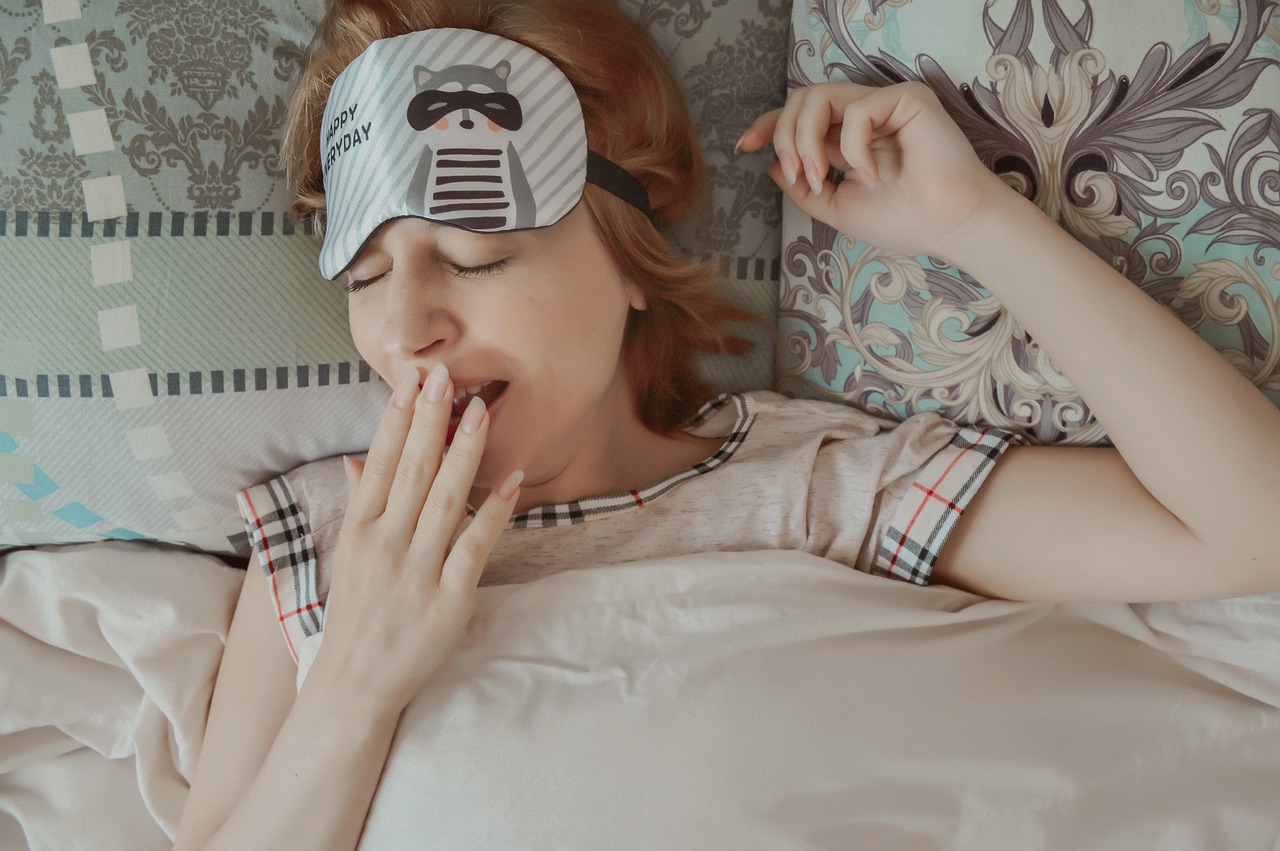By Suzanne Doad, MS, RD, LDN
Have you experienced jet lag before? That feeling of your body being out of sync with what’s around you…brain fog, fatigue, disrupted sleep schedule, abnormal cravings, bowels off schedule…
While these are non-specific and can be symptoms of a number of other imbalances, they are common when your body’s circadian rhythm is out of whack. The circadian rhythm is like an internal clock, under the control of light and dark cycles and the hormones melatonin and cortisol, among many others from individual organ systems. Does the phrase tired and wired sound familiar to you?

When functioning properly, the sensation of light keeps our bodies in sync with nature’s natural rhythms of day and night, activity and rest. As mentioned above, these light cycles influence the production of two major hormones, melatonin and cortisol. These two hormones work in opposition to one another, when one is high, the other is low.
When your circadian rhythm is regulated, cortisol is at its highest in the morning. This hormone is the trigger that our bodies receive in the morning that helps us to wake up and get going. It stimulates the body to release stored energy, providing the fuel we need to go about our daily tasks even before we have eaten our first meal of the day. Normally, cortisol tends to taper off throughout the day, reaching its lowest point around midnight, which allows for restful sleep. Under the influence of circadian rhythm, as cortisol begins to drop, melatonin begins to rise. Melatonin is often considered the sleep hormone, as it promotes rest. It is also restorative, influencing the repair of our body’s cells and systems.

When cortisol is too high at night and not enough melatonin is produced, we often have difficulty falling asleep or staying asleep. The opposite can be true if you are having difficulty waking up and getting started in the morning, reflecting low cortisol. These patterns are becoming more prevalent and can profoundly affect our health in a number of ways. There are many factors that contribute to a disrupted circadian rhythm. Some of the most common are listed below:
- Insufficient exposure to natural wavelength light during the day
- Excessive exposure to artificial light, specifically blue-violet wavelength light, during the evening from screens (telephones, tablets, TV) and lightbulbs
- Disrupted sleep patterns (both a cause and effect of disrupted circadian rhythms) – going to bed and waking up at irregular times or inconsistently throughout the week
- Inflammation, which can disrupt the body’s natural hormonal signaling pathways
- Blood sugar imbalances – drops in blood sugar at night activate the release of cortisol and adrenaline, which can keep you wide awake, preventing you from getting a restful night of sleep
- Hormonal imbalances
The effects of disrupted circadian rhythm are many:
- Dysregulated blood sugar and impaired insulin response
- Interference with thyroid hormones and metabolism
- Decreased production of ovarian hormones, including estrogen, progesterone, and testosterone – which can affect ovulation and fertility
- Regularity of the bowels and the composition of the gut microbiome
- Inflammation – melatonin is also an important inflammatory mediator
- Increased risk of mood disorders, such as anxiety and depression
… and more!
Notice that some of these are both causes and effects of circadian imbalances. These are bidirectional and can result in self-perpetuating cycles, making it harder for the body to get back on track. Some tips for restoring circadian rhythm and improving sleep include:
- Get some sunshine during the day, ideally morning and evening. This exposes your eyes to natural wavelength light, helping with appropriate melatonin and cortisol production and secretion.
- Practice stress reduction techniques, such as mindfulness, meditation, or deep breathing. These help to reduce cortisol production.
- Try not to do high-intensity exercise too late in the evening, which increases the body’s production of cortisol and can keep you awake later than you would like.
- Unplug in the evening or use blue light-blocking glasses or filters for laptops or other screens
- Try to go to sleep at a regular time each night and keep your bedroom cool, dark, and as quiet as possible. You can use eye masks and earplugs if needed.
- Strive for 7-9 hours of sleep each night. Make rest a priority.
While we are on the topic circadian rhythm it would be remiss of me as a dietitian not to talk a little bit about how dietary patterns influence it.

Here are a few simple suggestions on eating to improve circadian disruptions:
- Keep your meals balanced with quality fats, protein, and fiber-containing carbohydrates at each meal. This will keep you satiated and helps with blood sugar balance, decreasing the cortisol response.
- As Dr. Robynne Chutkan puts it, “breakfast like a queen, lunch like a princess, and dinner like a pauper.” This pattern of eating better aligns with the body’s natural hormonal rhythms. Also, insulin resistance tends to increase later in the day.
- Try not to eat large meals in the evening. Ideally, stop eating 2 – 3 hours before you go to sleep, as sleep and digestion can be disrupted when food is consumed too close to bedtime. The exception is if you have a medical condition that requires a snack before meals, such as with diabetics who take insulin.
- Try to avoid regularly consuming simple sugars and starchy foods without fiber, fat, or protein late in the evening. This can lead to insulin spikes and blood sugar crashes in the middle of the night, which activates the adrenals and can keep you awake due to increased cortisol and adrenaline.
- Watch caffeine and alcohol consumption, especially if you are sensitive. Half of the caffeine you consume remains in the system 12 hours later and can keep cortisol levels high. While many like to wind down with a glass of wine at night, alcohol can disrupt sleep quality.
If you are having difficulty sleeping or waking in the morning, try some of the lifestyle and dietary recommendations listed above. Hopefully with time and practice you will be able to improve your symptoms and get your body back in sync with more natural rhythms. Stay tuned for additional posts on the importance of sleep and managing cortisol.
